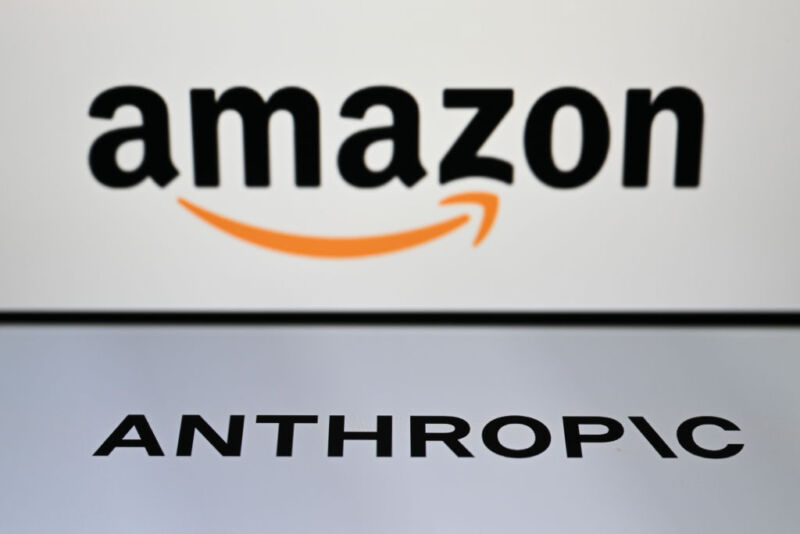Amazon defends $4B Anthropic AI deal from UK monopoly concerns

The United Kingdom’s Competition and Markets Authority (CMA) has officially launched a probe into Amazon’s $4 billion partnership with the AI firm Anthropic, as it continues to monitor how the largest tech companies might seize control of AI to further entrench their dominant market positions.
Through the partnership, “Amazon will become Anthropic’s primary cloud provider for certain workloads, including agreements for purchasing computing capacity and non-exclusive commitments to make Anthropic models available on Amazon Bedrock,” the CMA said.
Amazon and Anthropic deny there’s anything wrong with the deal. But because the CMA has seen “some” foundational model (FM) developers “form partnerships with major cloud providers” to “secure access to compute” needed to develop models, the CMA is worried that “incumbent firms” like Amazon “could use control over access to compute to shape FM-related markets in their own interests.”
Due to this potential risk, the CMA said it is “considering” whether Amazon’s partnership with Anthropic “has resulted in the creation of a relevant merger situation under the merger provisions of the Enterprise Act 2002 and, if so, whether the creation of that situation has resulted, or may be expected to result, in a substantial lessening of competition within any market or markets” in the UK.
It’s not clear yet if Amazon’s partnership with Anthropic is problematic, but the CMA confirmed that after a comment period last April, it now has “sufficient information” to kick off this first phase of its merger investigation.
By October 4, this first phase will conclude, after which the CMA may find that the partnership does not qualify as a merger situation, the UK regulator said. Or it may determine that it is a merger situation “but does not raise competition concerns,” clearing Amazon to proceed with the deal.
However, if a merger situation exists, and “it may result in a substantial lessening of competition” in a UK market, the CMA may refer the investigation to the next phase, allowing a panel of independent experts to dig deeper to illuminate potential risks and concerns. If Amazon wants to avoid that deeper probe potentially ordering steep fines, the tech giant would then have the option to offer fixes to “resolve the CMA’s concerns,” the CMA said.
An Amazon spokesperson told Reuters that its “collaboration with Anthropic does not raise any competition concerns or meet the CMA’s own threshold for review.”
“Amazon holds no board seat nor decision-making power at Anthropic, and Anthropic is free to work with any other provider (and indeed has multiple partners),” Amazon’s spokesperson said, defending the deal.
Anthropic’s spokesperson agreed that nothing was amiss, telling Reuters that “our strategic partnerships and investor relationships do not diminish our corporate governance independence or our freedom to partner with others. We intend to cooperate with the CMA and provide them with a comprehensive understanding of Amazon’s investment and our commercial collaboration.”
Amazon defends $4B Anthropic AI deal from UK monopoly concerns Read More »




